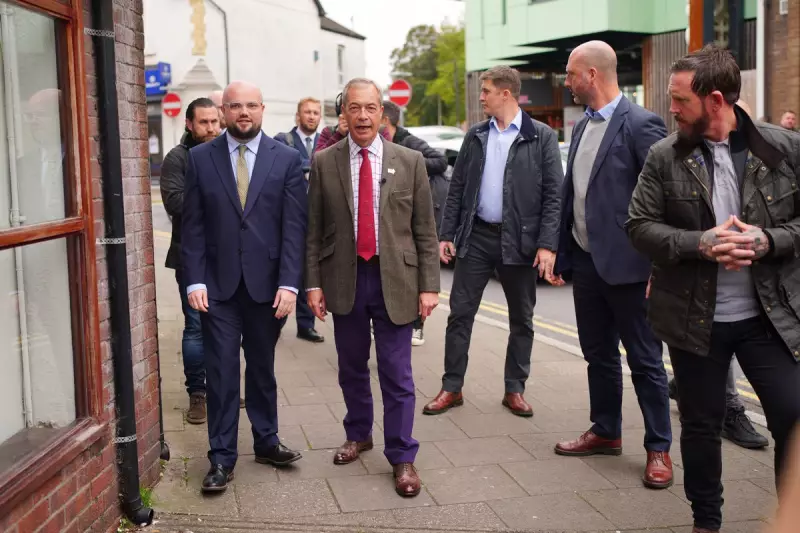
Explosive new revelations have emerged linking Nigel Farage's Reform UK party to Russian financial interests through his close political associate Nathan Gill. Documents from the European Parliament expose a troubling pattern of payments that raises serious questions about foreign influence in British politics.
European Parliament Records Reveal Russian Payments
Official European Parliament records show that Nathan Gill, who served alongside Farage as an MEP for the Brexit Party between 2019 and 2020, received substantial payments from two Russian-linked companies. The transactions occurred while both men were representing British interests in the European legislature.
Gill declared receiving between €30,000-€35,000 from St Petersburg-based Silver Valley Investments for "management consultancy" services. Additionally, he accepted €15,000-€20,000 from Russian firm St Petersburg Fuel Company for similar consultancy work during his tenure as an MEP.
Farage's Denial Contradicted by Evidence
These findings directly contradict Nigel Farage's repeated public statements denying any financial connections to Russia. Just last month, Farage told BBC Question Time: "I've never received any money from Russia, never taken any money from Russia."
However, the financial trail through his close associate Nathan Gill tells a different story. Gill isn't just any political figure - he served as the Brexit Party's leader in Wales and stood in for Farage during the 2019 election campaign when the Reform UK leader couldn't attend events.
Political Fallout and Ethical Questions
The revelations have sparked immediate controversy, with political opponents demanding full transparency. A Labour Party spokesperson stated: "These are deeply concerning allegations that require urgent explanation. The British public deserves to know the truth about foreign financial influence in our politics."
Ethical concerns are particularly acute given that Gill was serving as an MEP while conducting private business with Russian companies. The timing raises questions about potential conflicts of interest during crucial Brexit negotiations.
Reform UK's Response
When confronted with these findings, a Reform UK spokesperson acknowledged the payments but defended Gill's actions, stating he had "declared everything as required." The party maintains that all financial dealings were properly documented and complied with parliamentary rules.
However, transparency advocates argue that mere compliance with disclosure requirements doesn't address the fundamental ethical questions about MEPs accepting substantial payments from Russian businesses while making decisions affecting UK and European security interests.
The scandal emerges at a sensitive time for Reform UK, as the party seeks to position itself as a credible political force while facing increasing scrutiny over its financial connections and transparency practices.





